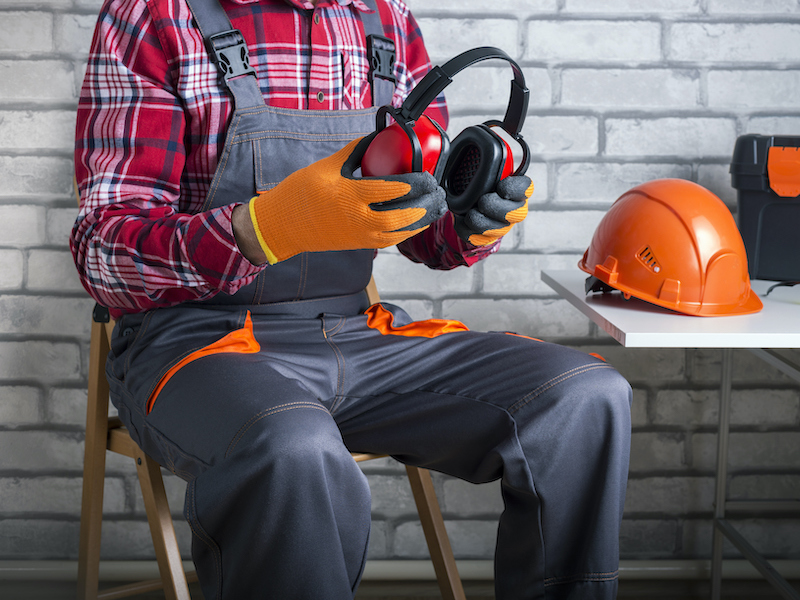
Your ability to hear is valuable – once it’s gone, the likelihood of getting it back in its natural form is not likely. But for some reason, hearing loss frequently goes untreated and uncontrolled in the general population. As a matter of fact, permanent hearing loss impacts one out of eight individuals (nearly 30 million people) 12 and older in the United States alone.
While there are treatments that can help you regain your hearing, like hearing aids, it’s such a simple thing to protect your ears from the start to prevent unnecessary hearing loss.
Protect your hearing with these five tips:
Earbuds should be avoided
Earbuds have been packaged with mobile devices since the early 2000s and are one of the biggest threats to hearing. These little devices fit snugly into the ear canal and pump sound straight into the inner ear and the majority of smartphones come with them. Listening to music or a movie on your mobile device at full volume for just 15 minutes can cause permanent hearing loss. Earmuff style headphones, especially the ones with noise canceling technology, would be a better option. Sticking to the 60/60 rule, which recommends a maximum volume of 60% for no more than 60 minutes a day, is another safety measure to safeguard your hearing.
Lower the volume
Your hearing can be damaged by other things besides earbuds. Loud sounds from a radio or TV can do as much harm if you consistently listen to them over a sustained period of time. Shooting ranges, concerts, construction zone, and other noisy settings should be avoided. It might be impractical to entirely avoid these environments especially if they’re part of your job. The next item on the list will be important if you’re in this situation.
Use hearing protection
Hearing protection is a must if you work in an environment or enjoy hobbies that expose you to loud sounds. Hearing loss can happen in just 15 minutes at 85 decibels. To put that in perspective:
- The majority of concerts are between 100 and 120 decibels with headliners usually playing for about an hour and 20 minutes
- Over a one hour visit to the indoor shooting range, your ears are repeatedly exposed to gunfire that clocks in at over 150 decibels on average
- The noise of a construction site can be over 130 decibels and many workers spend 40 or more hours every week there
The moral here is that you should get yourself some sort of hearing protection such as earmuffs or earplugs if you take part in any of these activities.
Take auditory breaks
Sometimes you simply need to give your ears a break. Even if you wear ear protection, if you are subjected to loud noises like these for prolonged periods, you should take some quiet breaks to give your ears a chance to recover. That means, you most likely shouldn’t get into your car and begin blasting loud music right after you leave a 3-hour concert.
Check your medicine
Your hearing could be substantially impacted by the medication you use. Aspirin, anti-inflammatories, antibiotics, and certain heart and cancer medicines have all been proven to cause hearing loss. Luckily, medication related hearing loss normally only happens when more than one of these medications are taken together making it much less common.
Looking to find treatment for your hearing loss? Make an appointment with us for a hearing test.
Call Today to Set Up an Appointment
Resources
https://www.cdc.gov/nceh/hearing_loss/how_does_loud_noise_cause_hearing_loss.html
https://armeddefense.org/hearing-protection
https://www.uofmhealth.org/health-library/tf3092
